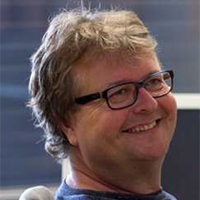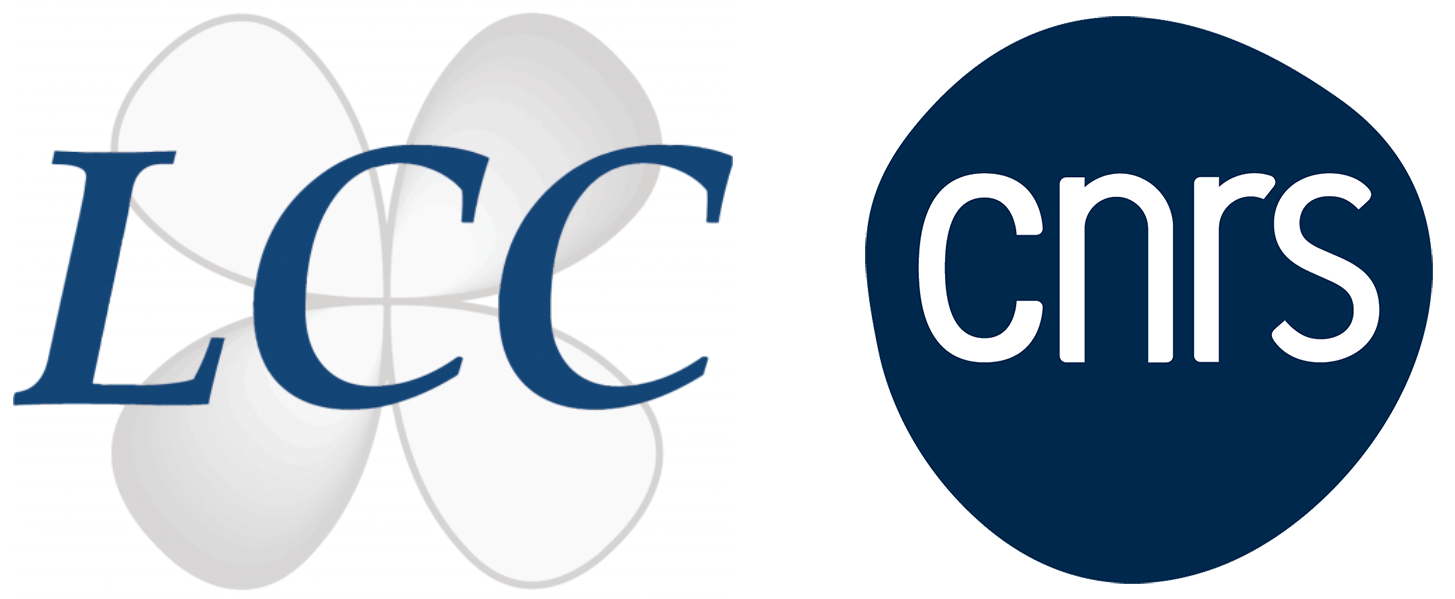
- Cet évènement est passé.
Conférence Pr Alexander Dömling

Automation + Miniaturization = Acceleration
Pr Alexander Dömling
ERA Chair of Innovative Chemistry, Institute of Molecular and Translational Medicine, Faculty of Medicine and Dentistry and Czech Advanced Technology and Research Institute, Palackӯ University in Olomouc, Olomouc, Czech Republic
Abstract
The mantra ‘Automation + Miniaturization = Acceleration’ is successfully applied in many research areas and technologies, but not in synthetic chemistry, which is largely believed to be not automatable. However, with the potential to accelerate discoveries while flattening costs, increase safety, streamline data generation, enhance reproducibility, and lower the environmental footprint, automation and miniaturization are two promising approaches to synthesis and are worthwhile to invest in.
In 2018 we have introduced acoustic droplet ejection (ADE) and iDOT for the automated synthesis of small molecules on nanoscale. [1] We showed that organic chemistry can be generally performed on nanoscale e.g. by producing large numbers of novel boronic acids, [2] isoquinolines, [1] quinazolines, [3] iminopyrrolidines [4], and covalent inhibitors. [5] Moreover, we showed that libraries based on multiple chemistries in parallel can be performed on the ADE platform, approaching degrees of diversity comparable to large screening libraries. [6] Notably, the synthesis of 1536 unprecedented drug-like small molecules based on 16 different scaffolds consumed only 20 mg of building blocks inclusive solvent. Thus, ADE is suitable to considerably reduce the ecological footprint of synthetic chemistry. Clearly, running reactions on a small scale is not only more sustainable and greener, safer, producing less waste, but also more rapid and economical.
Highly automated and miniaturized synthesis at a nanoscale can also be incorporated into drug discovery: we realized for the first time the incorporation of HT synthesis and HT protein crystallography for the discovery of potent covalent SARS-CoV-2 3CLpro inhibitors; [7] we showed the discovery of menin-MLL antagonists; [8] and most recently we discovered Crbn degrading glues with extraordinary cellular potency in a HT phenotypic screen. [9] We strongly believe that early medicinal chemistry will depart from currently mostly performed manual mmol scale synthesis towards automated and highly miniaturized synthesis and will help to accelerate future drug discovery.
Literature:
[1] Y. Wang et al., ACS Central Science 2019, 5, 451.
[2] C. G. Neochoritis et al., Sci. Adv. 2019, 5, DOI:10.1126/sciadv.aaw4607.
[3] M. Hadian et al., Green Chemistry 2020, 22, 2459-2467.
[4] A. Osipyan et al., Angew. Chem. Intl Ed. Engl. 2020, 59, 12423.
[5] F. Sutanti et al., Sci. Adv. 2021, 7, DOI:10.1126/sciadv.abd9307
[6] L. Gao eta., Green Chemistry, 2023, DOI: 10.1039/D2GC04312B.
[7] F. Sutanto et al., Angew. Chem. Intl Ed. Engl. 2021, 60, 18231.
[8] K. Gao et al. RSC Med. Chem. 2021,12, 809.
[9] Z. Wang et al. unpublished.
